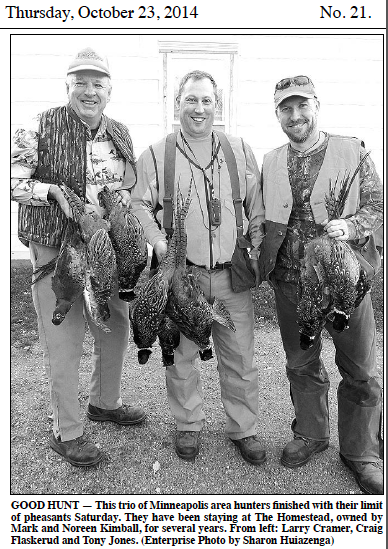After an all-to-lengthy excursion into interdisciplinary method, it’s time to get back into the four core tasks of practical theology. Having been through the descriptive and empirical moments, the third moment of PT is the normative moment.
It is now, after gathering data and using the best of several disciplines to interpret that data, that the practical theologian makes normative claims for the life of the church. Often, practical theology is in conversation with the other volumes of the “theological encyclopedia” at this time, consorting with the likes of biblical studies, systematic theology, and church history.
But remember that the practical theologian is grounded in real-life, empirical data from church, society, and/or individual. In other words, the practical theologian does not think, “I’d like to spend my career studying the doctrine of sanctification” or “I’d like to write my dissertation on the Nestorian controversy” or “The world needs another book on the aorist tense.” (OK, simmer down. This is not meant to disparage those who do perform those important tasks. Without them, we’d never have to pay $75 for a book again!) The practical theologian, instead, is confronted with a problem. It might be a theological response to young women who cut themselves, or how to preach funeral sermons in the African American tradition, or how the emerging church is negotiating its relationship with culture (hey, there’s a great idea for a dissertation!).
So let it not be said that the practical theologian is not in the business of normative theology – she is, indeed, and it is normative theology that responds to crises in the life of church and world.











